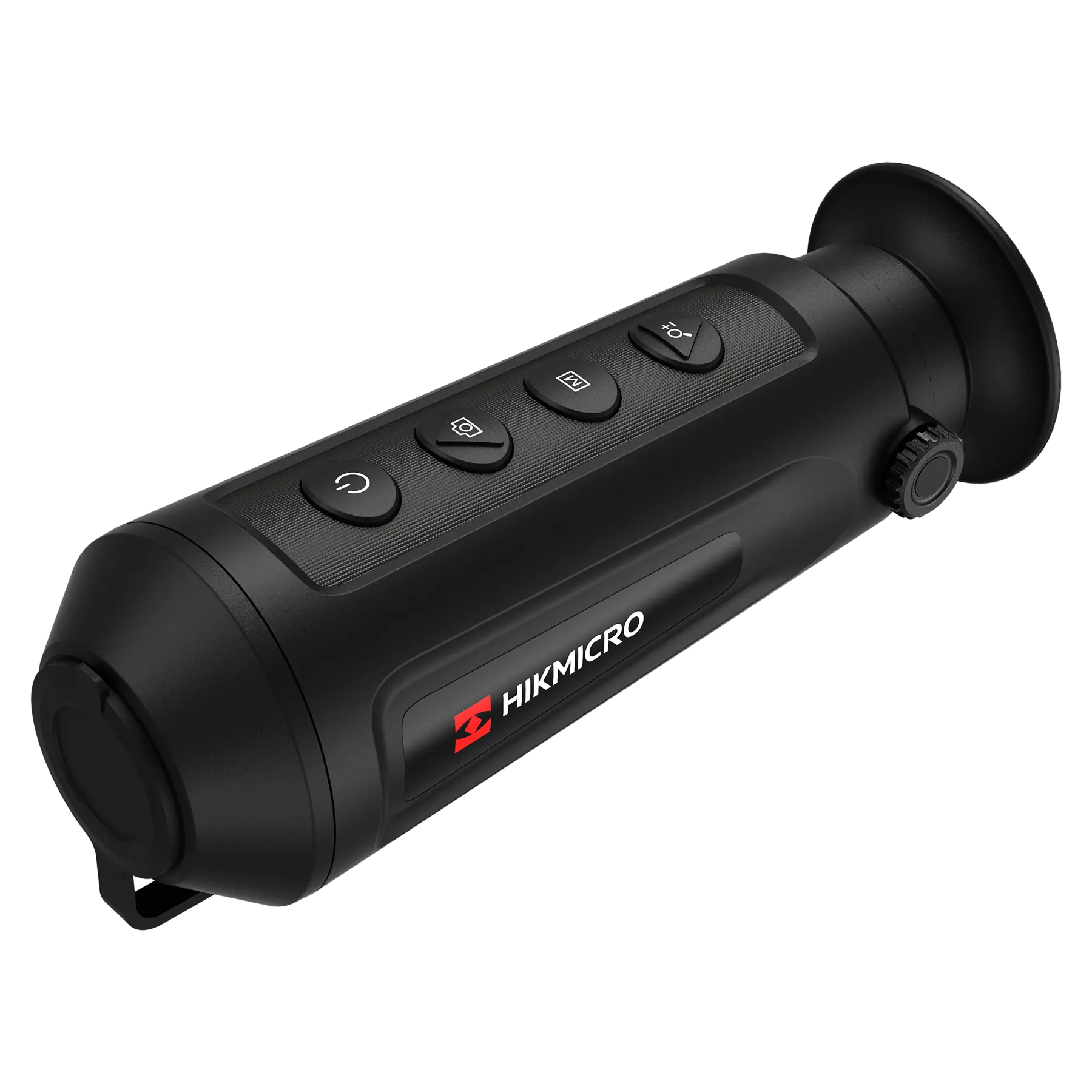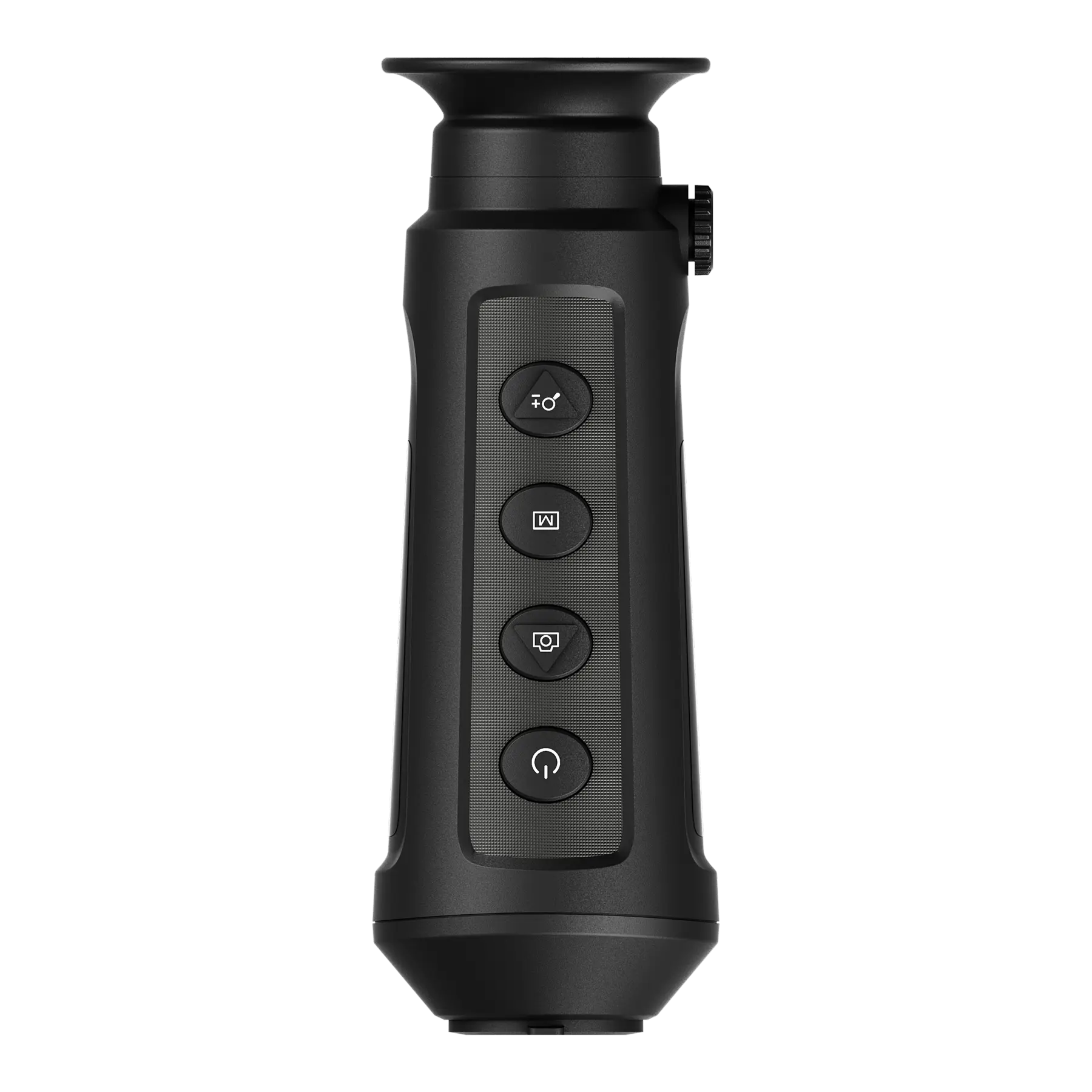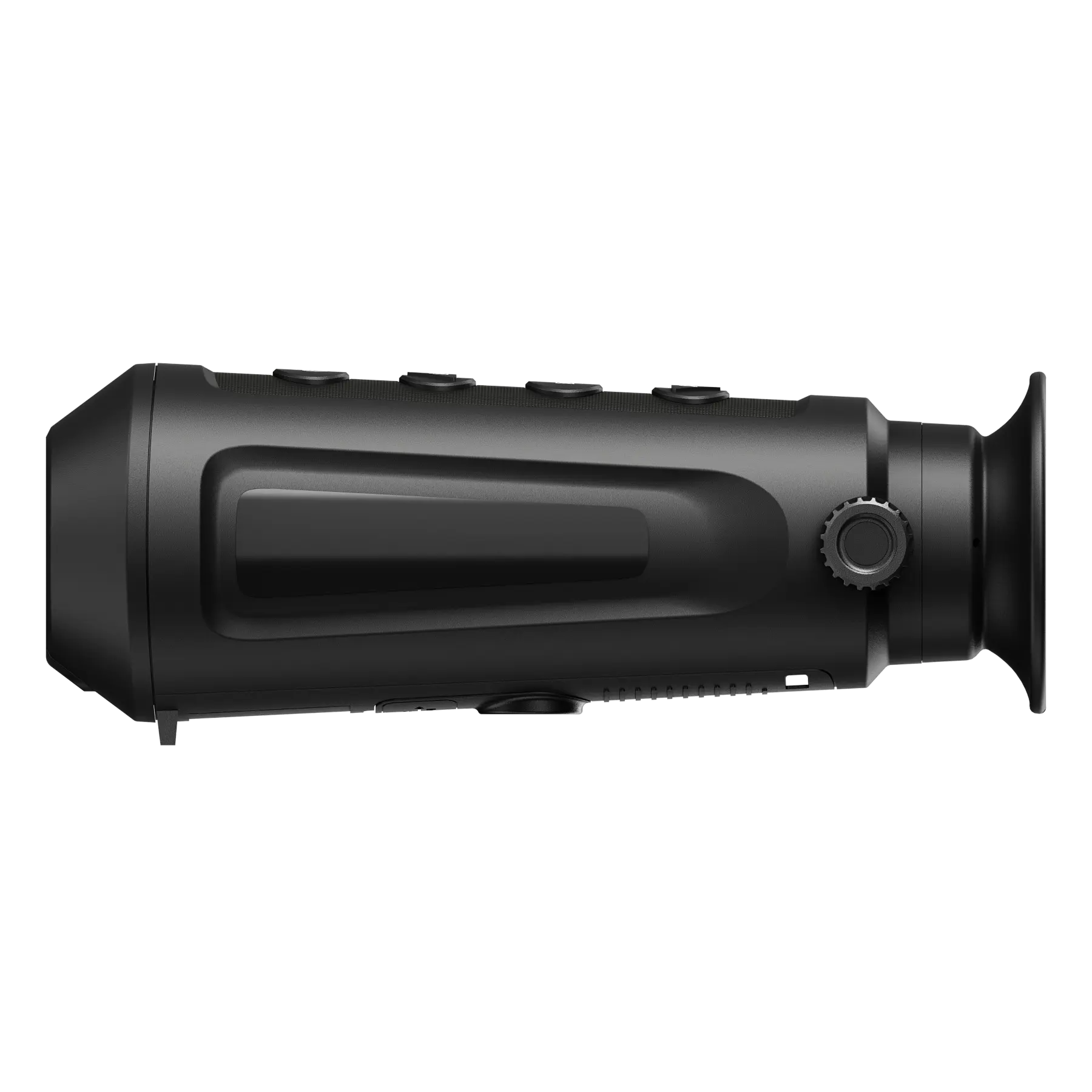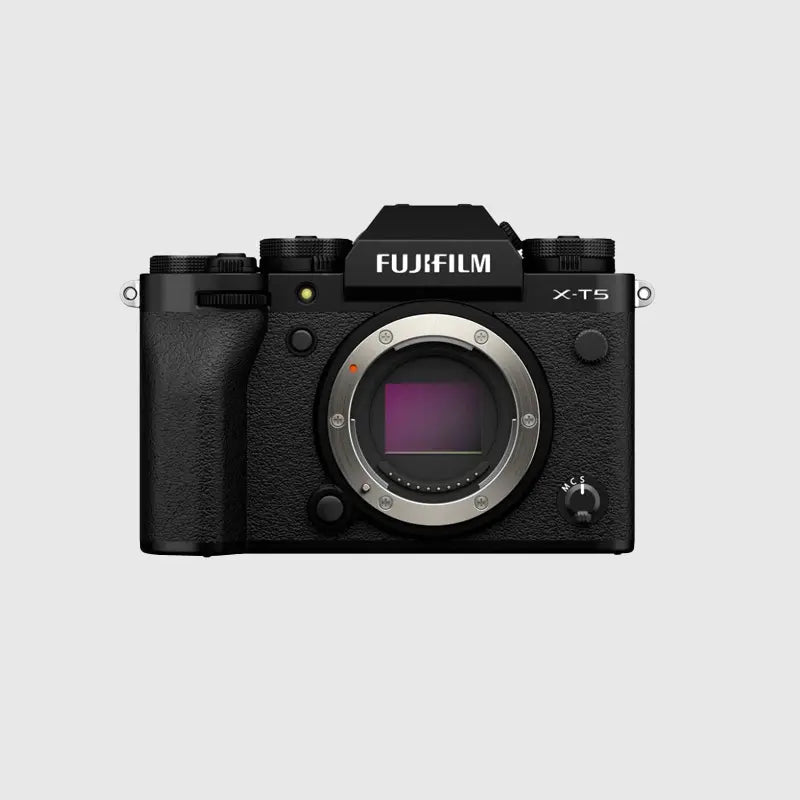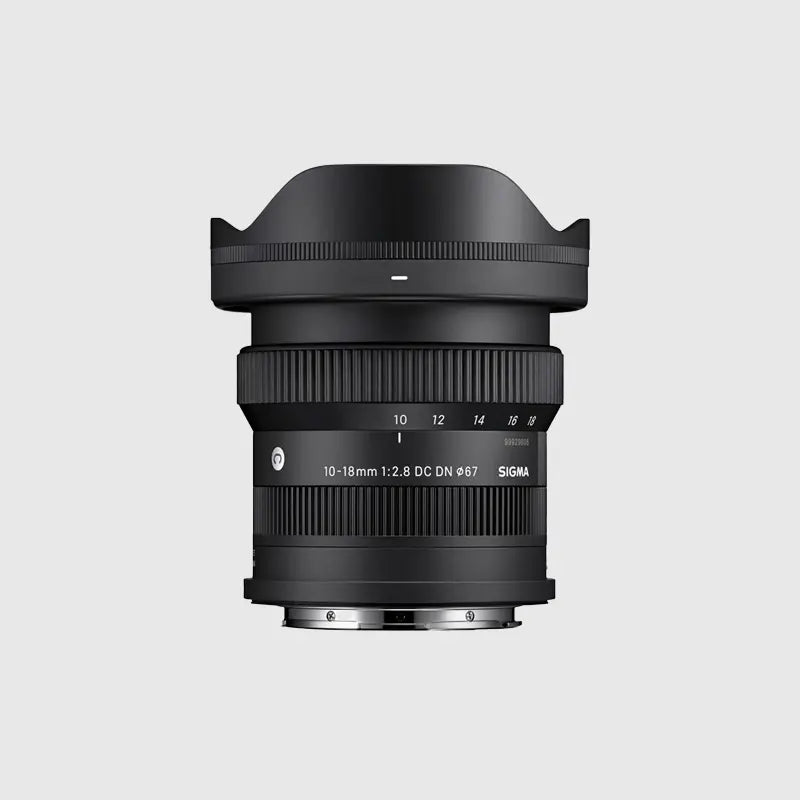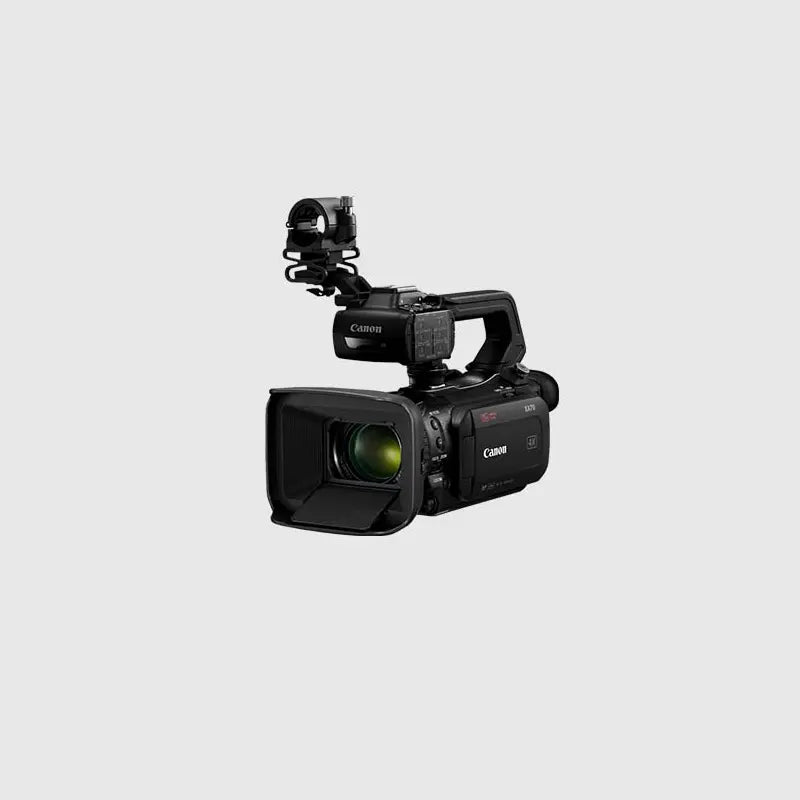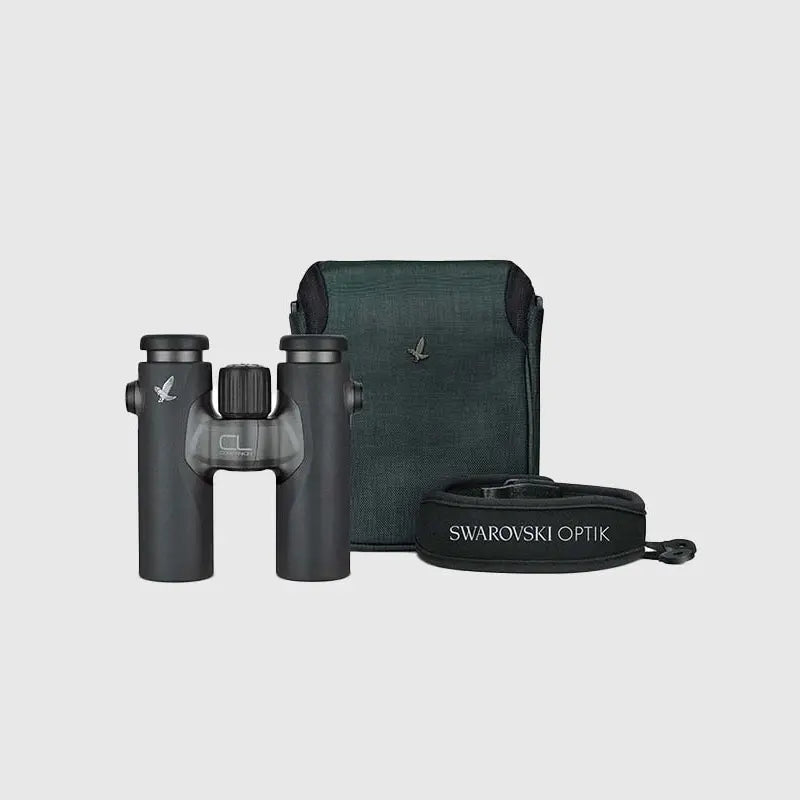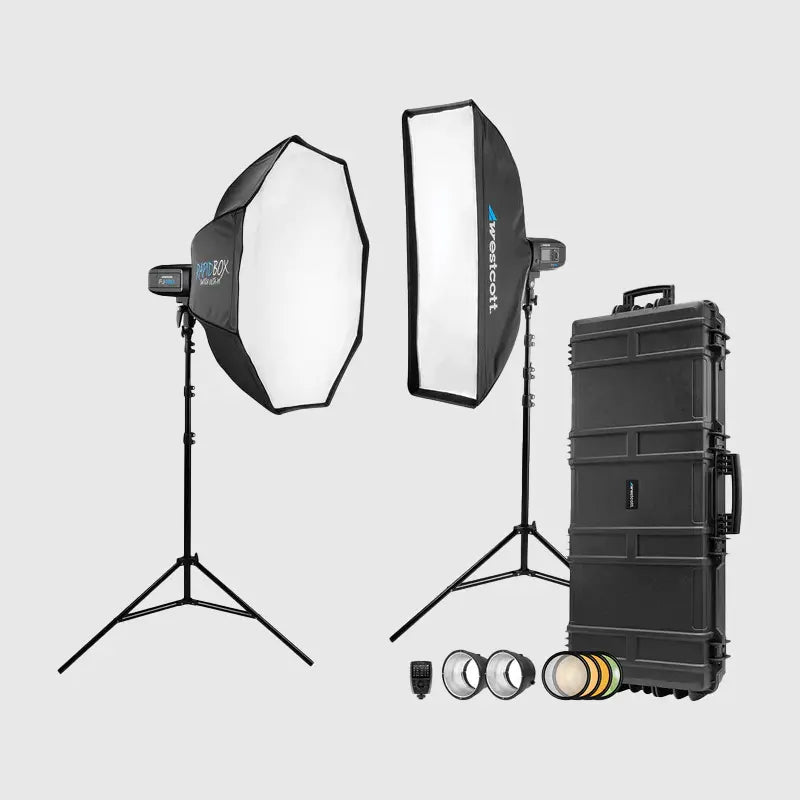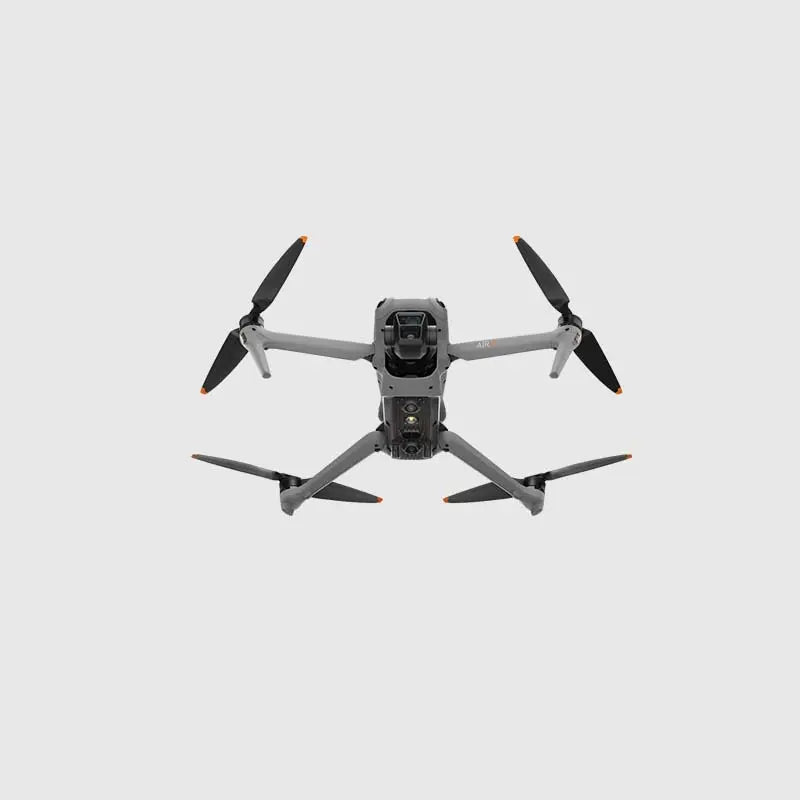Product Description
HIKMICRO Lynx LC06 S 6mm Smart Thermal Monocular
The HIKMICRO Lynx LC06 S is a compact and affordable smart thermal monocular designed for users who need reliable, high-quality thermal imaging in a lightweight, easy-to-use device. Perfect for security patrols, search and rescue, wildlife observation, and outdoor exploration, it delivers dependable performance and clear imaging — even in complete darkness.
With HIKMICRO’s advanced 160×120px thermal sensor and intuitive smart features like Wi-Fi streaming, Hot Tracking, and app control, the Lynx LC06 offers impressive functionality at an accessible price point.
Advanced Thermal Imaging Technology
Equipped with a 160×120px Vanadium Oxide uncooled sensor and 17μm pixel pitch, the LC06 S delivers crisp and detailed thermal images. Its NETD <35mK sensitivity allows it to detect even the smallest temperature differences, ensuring accurate heat detection in all conditions.
The 6mm F1.1 objective lens provides a wide field of view (24.7° × 18.7°), making it ideal for scanning large areas quickly. The device achieves a detection range of up to 182 metres for humans and over 550 metres for vehicles, ensuring reliable situational awareness in both urban and rural environments.
Clear, Responsive Display
The Lynx LC06 S features a 0.2-inch LCOS display with a resolution of 720×540 pixels, providing sharp, contrast-rich visuals. Choose from four thermal palettes — White Hot, Black Hot, Red Hot, and Fusion — to tailor the view for different environments or preferences.
Powerful Processing and Smart Features
HIKMICRO’s advanced image processing algorithms — Adaptive AGC, DDE, and 3D DNR — work together to deliver a clear, noise-free image in all lighting conditions.
Activate Hot Tracking mode to automatically highlight the hottest object in the frame with a crosshair indicator, perfect for quickly locating heat sources during searches or wildlife observation.
The built-in video recorder and 8GB internal memory allow you to capture and store images and video directly on the device.
Wi-Fi Connectivity and T-Vision App
With the built-in Wi-Fi hotspot, you can easily connect your smartphone or tablet via the T-Vision App. Stream live footage, control settings, record video, adjust colour palettes, and share your thermal view in real time.
Available for both Android and iOS, the app enhances functionality and makes operation more intuitive.
Download the T-Vision App:
Lightweight, Durable, and Long-Lasting
Weighing only 250g and measuring 158 × 61 × 57mm, the Lynx LC06 S is designed for portability and comfort. The IP67-rated housing ensures dust resistance and protection against temporary submersion, making it a reliable companion in tough outdoor environments.
Its built-in rechargeable lithium battery delivers up to 10 hours of continuous operation (with Wi-Fi and Hot Tracking disabled) and recharges quickly via the USB-C port.
Key Specifications
-
Sensor: 160×120px @ 17μm
-
NETD: <35mK (@25°C, F#=1.1)
-
Lens: 6mm F1.1
-
Display: 720×540 LCOS
-
Magnification: 0.6× optical, 4× digital
-
Detection Range: Human 182m, Vehicle 559m
-
Refresh Rate: 50Hz
-
Colour Palettes: White Hot, Black Hot, Red Hot, Fusion
-
Video Recording: Yes
-
Internal Memory: 8GB
-
Wi-Fi Hotspot: Yes
-
Battery Life: Up to 10 hours
-
Weight: 0.25kg
-
Ingress Protection: IP67
Why Choose the HIKMICRO Lynx LC06 S?
The Lynx LC06 S offers the perfect balance of performance, portability, and affordability. Its high-sensitivity thermal sensor, long battery life, and intuitive app connectivity make it an excellent choice for anyone needing a reliable entry-level thermal imaging device.
Compact, capable, and ready for action — the HIKMICRO Lynx LC06 S Smart Thermal Monocular is your window into the unseen.
Payment & Security
Your payment information is processed securely. We do not store credit card details nor have access to your credit card information.

